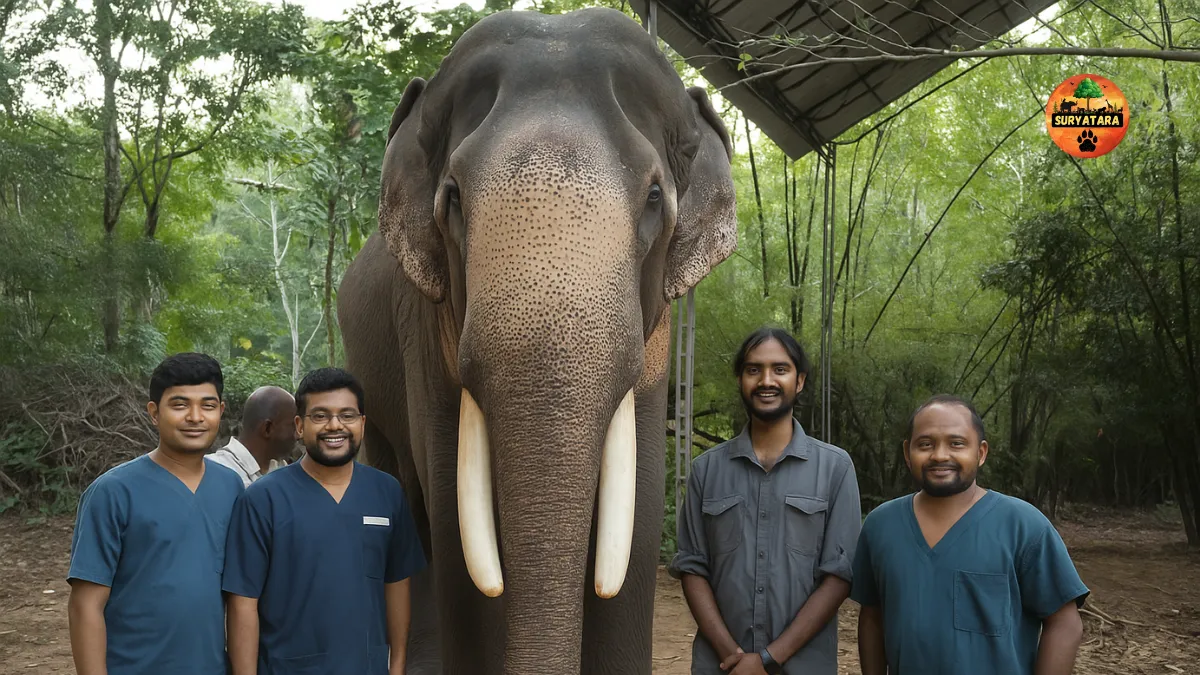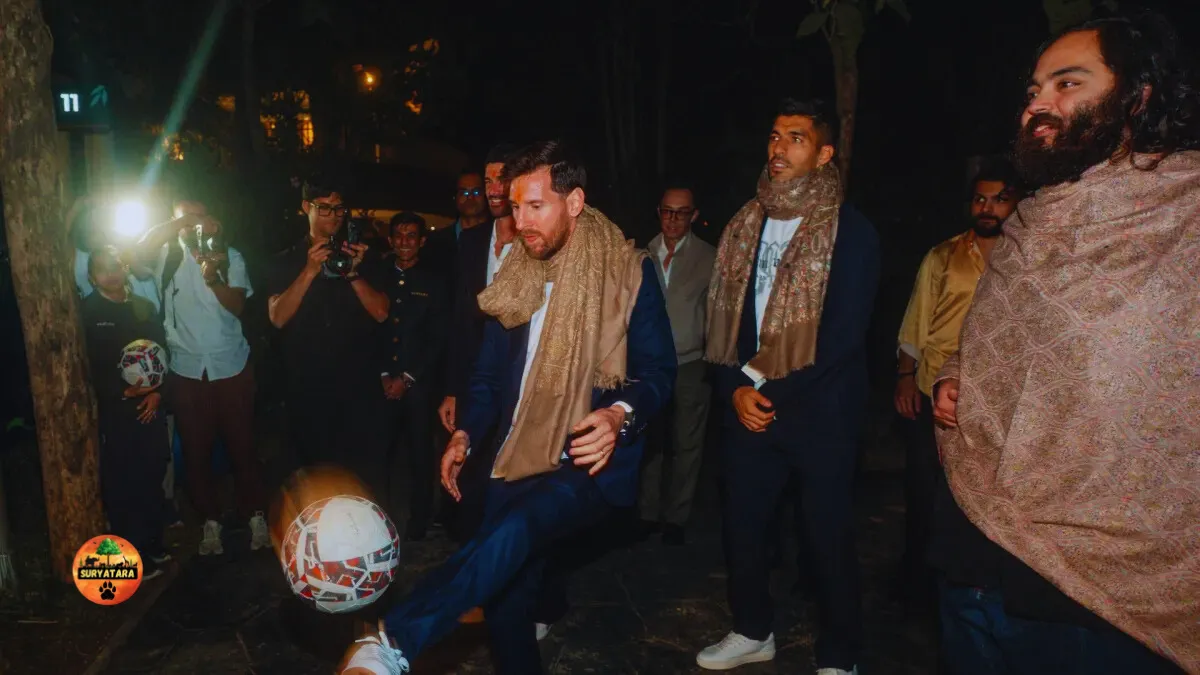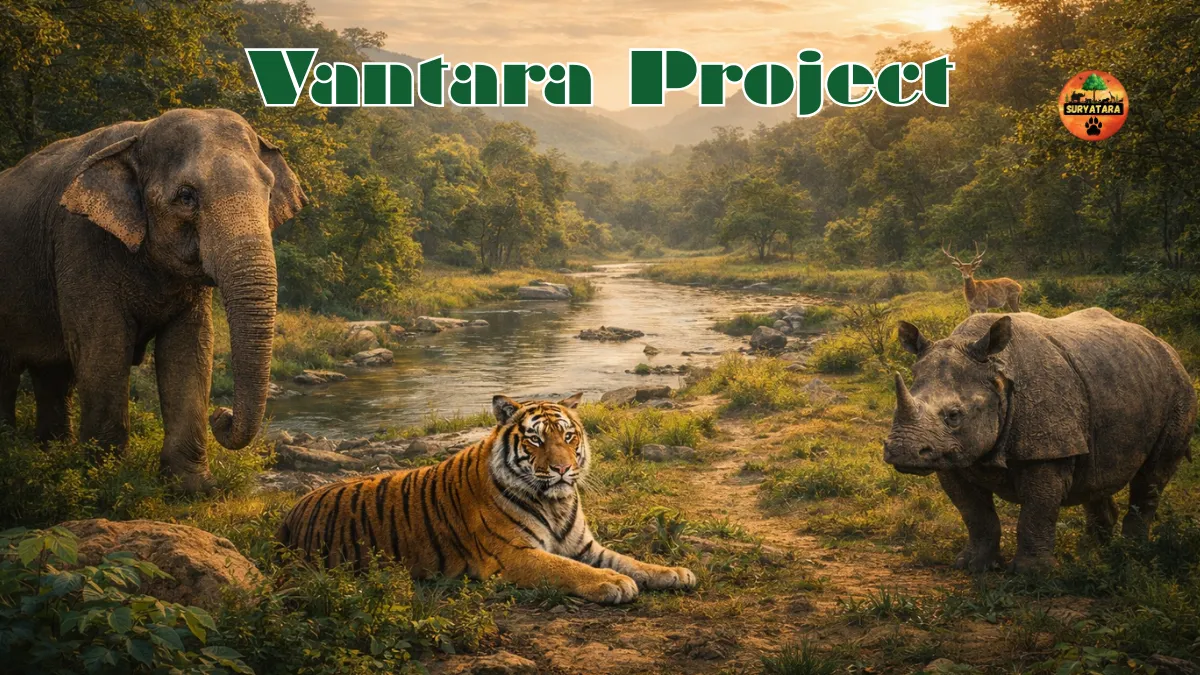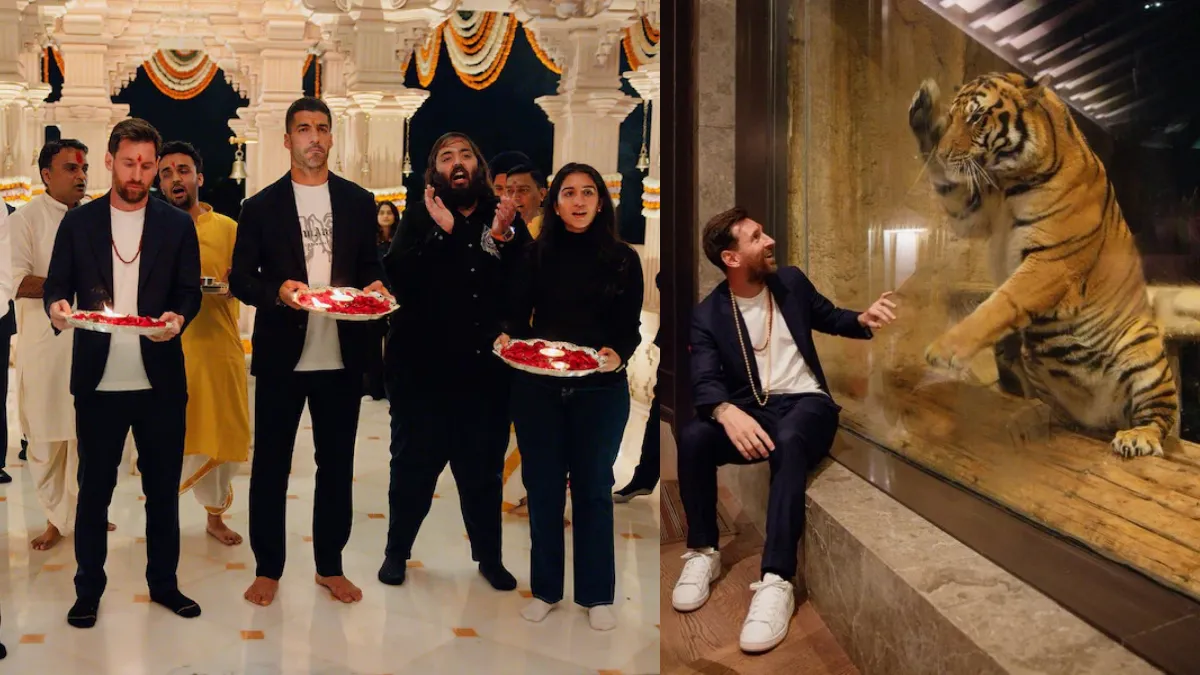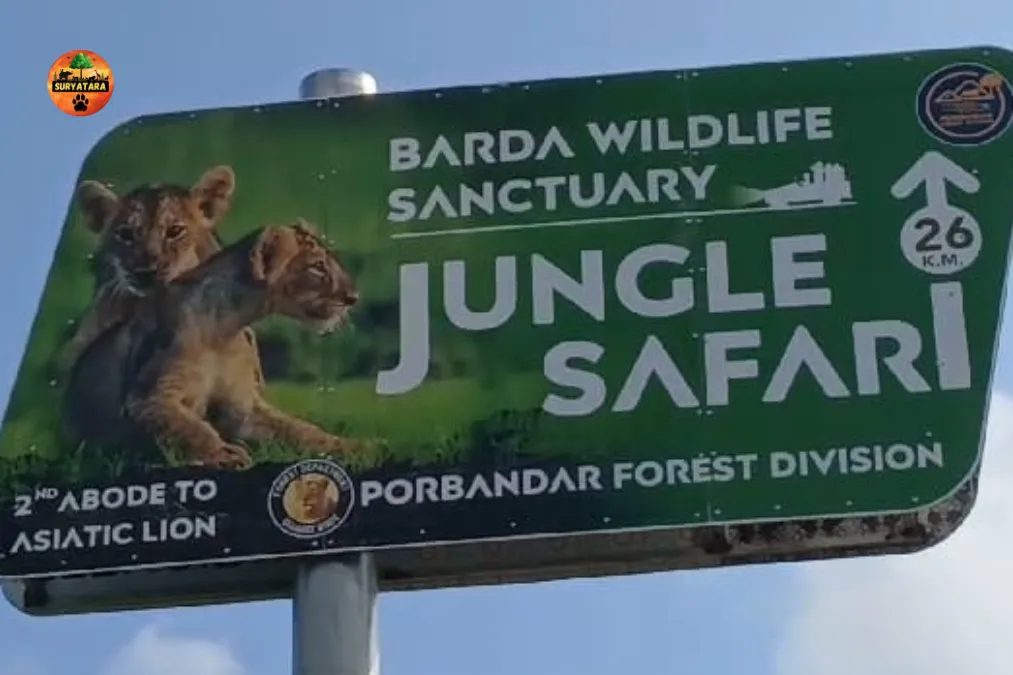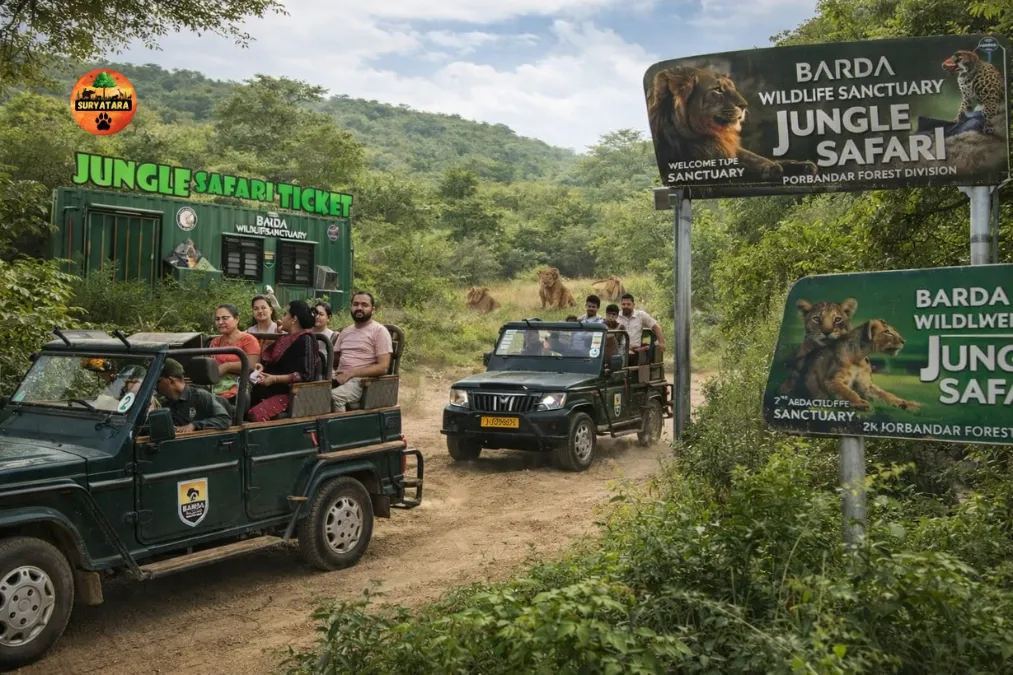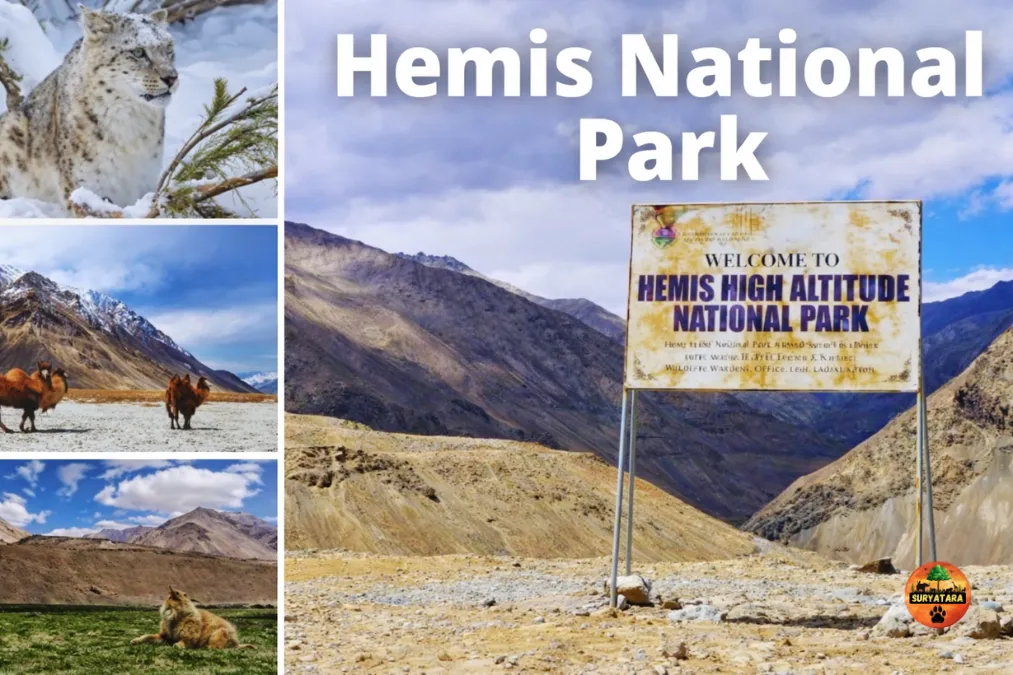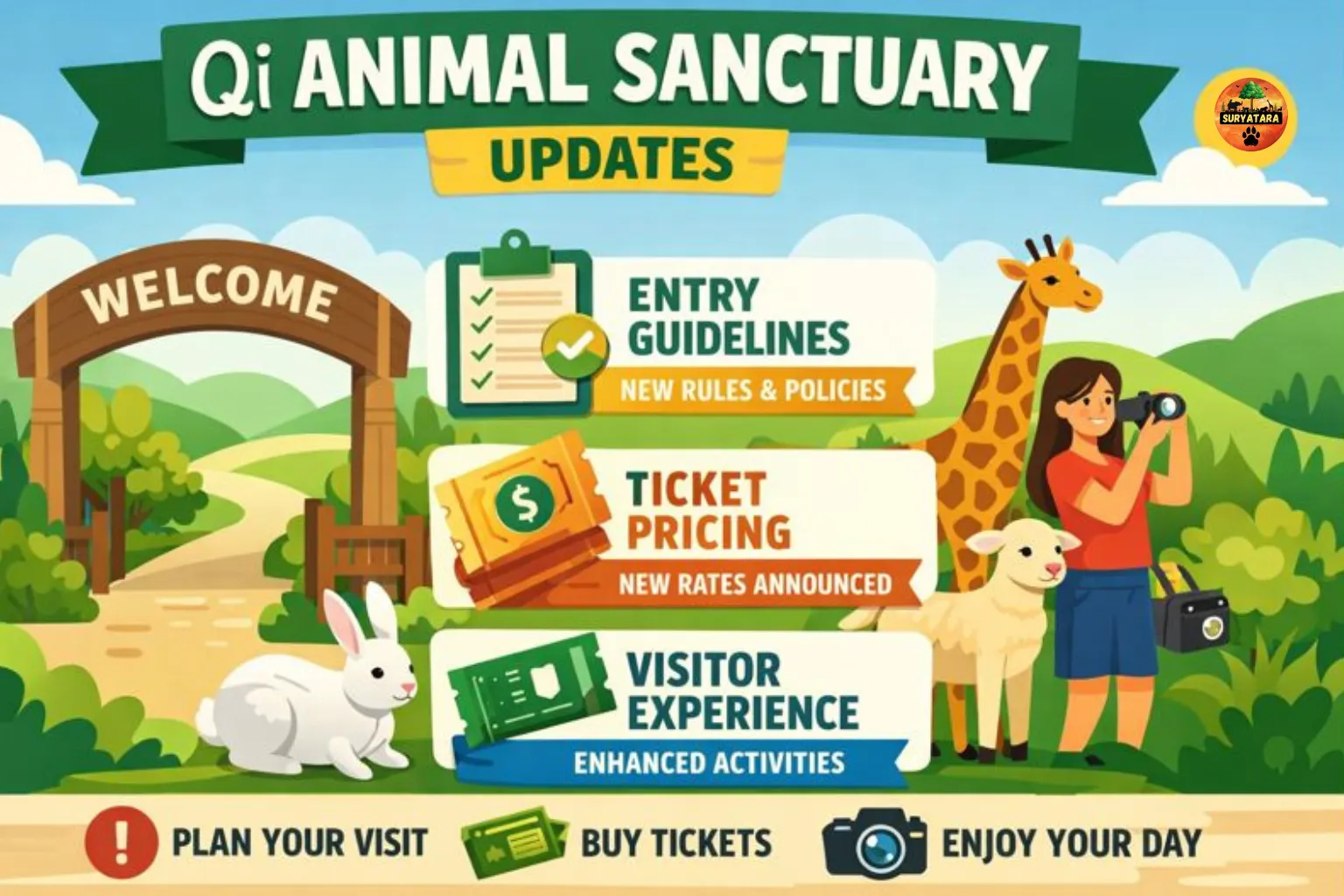Vantara gives new life to giant elephant – and this statement is not just a phrase but a reality that has filled animal lovers across India with hope. Recently, a 55-year-old temple elephant named Puthuppally Sadhu from Kerala’s Kottayam district was pulled back from the edge of death by the dedicated team of Vantara Wildlife Rehabilitation Centre in Gujarat. This mission was not just about saving one elephant but also about showing how compassion, modern veterinary science, and timely intervention can change the destiny of animals.
The First Rescue Mission of Vantara
Vantara, the largest wildlife rehabilitation center in India, is run jointly by Reliance Industries and Reliance Foundation. It is designed as a sanctuary of hope for distressed wildlife, offering free rescue and treatment services.
Sadhu became the first beneficiary of Vantara’s free rescue program, and his recovery is now being hailed as a landmark case in wildlife rehabilitation.
How Vantara Discovered Sadhu’s Critical Condition
The case began when Dr. Vaishakh Vishwam, a veterinary consultant of Vantara’s Rapid Response Team, received an urgent request through the Kerala Forest Department. Sadhu’s owner, Puthen Varghese of Vakkathanam, was deeply worried as the elephant had stopped eating for more than a month and was sinking into a life-threatening condition.
When the team examined him, they found a shocking diagnosis – a 32-kilogram fiber-like mass inside his stomach. On top of this, Sadhu was suffering from elephantiasis (similar to filariasis) and intestinal blockages resembling stroke symptoms. His body was dehydrated, his energy levels were dropping fast, and survival looked impossible without immediate intervention.
The Complex Treatment and Medical Breakthrough
Sadhu’s condition required both expertise and patience. A colonoscopy revealed the mass blocking his digestive system. Vantara’s veterinary specialists carefully removed part of the mass through a medical process, while the remaining portion was naturally expelled by the elephant after nine long days.
This breakthrough marked the turning point in Sadhu’s survival journey. Once the blockage cleared, he slowly began drinking water again, and his health started improving.
During his treatment, the team gave Sadhu 490 liters of liquid diet enriched with medicines, vitamins, and essential minerals to restore his strength. The dedication of the veterinary team, combined with advanced medical technology, ensured that Sadhu’s body began healing steadily.
A Temple Elephant Loved by Many
Sadhu is not just another elephant – he is a cultural icon of Kerala. Over the years, he has participated in numerous temple festivals, carrying idols of deities and being part of grand religious processions. His majestic presence made him a familiar and beloved figure for devotees.
That is why his illness became a matter of deep concern not only for his owner but also for the community. His popularity showed how closely human lives and traditions are connected with elephants in Kerala.
The Bigger Question: Lack of Facilities in Kerala
While Sadhu’s story ended with hope, it also opened a serious debate about the lack of modern veterinary facilities for elephants in Kerala.
According to P.S. Ravindranath, General Secretary of the Kerala Elephant Owners Federation, the state faces a major gap in diagnostic and treatment infrastructure for elephants. Many elephants die each year simply because proper medical facilities are not available locally. If centers like Vantara were replicated in Kerala, countless lives could be saved.
Why Vantara’s Work Matters
The success of Sadhu’s treatment highlights why Vantara Wildlife Rehabilitation Centre is so important. It represents a blend of modern science, expert veterinary care, and compassion for animals.
The center’s role goes far beyond treatment – it creates awareness about how human responsibility and timely medical action can transform wildlife conservation. Vantara has set a model for the country, showing that with the right investment and expertise, India can lead the way in saving its precious wildlife.
Key Facts About Sadhu’s Rescue
| Key Detail | Information |
|---|---|
| Elephant’s Name | Puthuppally Sadhu |
| Age | 55 years |
| Location | Kottayam, Kerala |
| Medical Problem | 32-kg fiber mass, elephantiasis, intestinal blockage |
| Rescue Team | Vantara Wildlife Rehabilitation Centre |
| Treatment | Colonoscopy, 490 liters of liquid diet, medicines, vitamins |
| Outcome | Successful recovery, regained ability to drink water and eat |
| Significance | First elephant to benefit from Vantara’s free rescue mission |
Also read: Vantara Hosts Flagship Veterinary Training on Conservation Medicine in Jamnagar
A Story of Hope and Human-Animal Bond
The journey of Sadhu is more than a medical miracle. It is a symbol of trust, compassion, and responsibility. When humans step forward with empathy and advanced resources, animals that once seemed doomed can return to life.
Vantara gives new life to giant elephant Sadhu, but in doing so, it also gives hope to countless other animals waiting for help. It reminds us that protecting wildlife is not just about saving a species – it is about nurturing the bond of coexistence between humans and nature.
Also read: Nandani Elephant Rehabilitation Center: Vantara Team Conducts Site Inspection
Conclusion
The recovery of Puthuppally Sadhu proves that no matter how severe the condition, timely medical care can make a difference. Vantara’s successful intervention shows the path forward for India’s wildlife conservation efforts.
Sadhu’s story is not just about saving one elephant; it is about reinforcing faith in the idea that science, compassion, and human effort can rewrite the fate of endangered and suffering animals.
Indeed, Vantara gives new life to giant elephant – and in doing so, it gives new life to the promise of a more caring future for all living beings.
